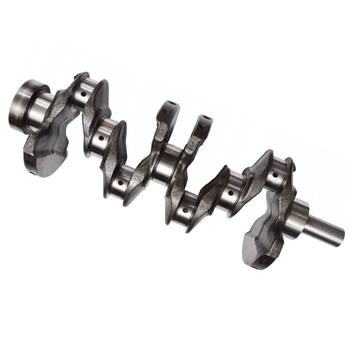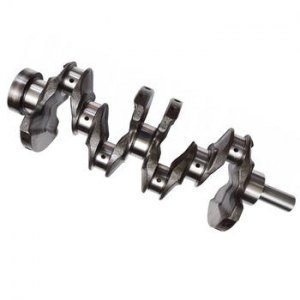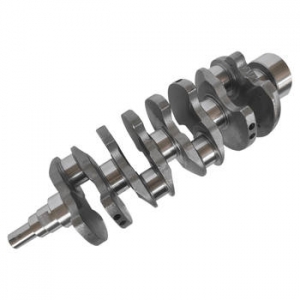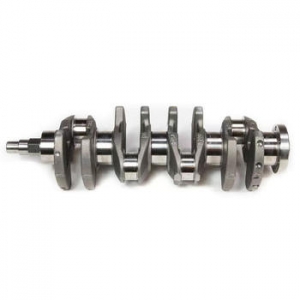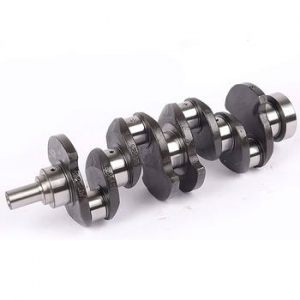What are Crankshaft Torsional Vibrations?
Crankshaft torsional vibrations are oscillations that occur in the crankshaft of an engine due to the cyclical firing of the cylinders. These vibrations can cause twisting and flexing of the crankshaft, which can lead to damage and wear over time.
Causes of Crankshaft Torsional Vibrations
There are several factors that can contribute to crankshaft torsional vibrations, including engine speed, cylinder pressure, and crankshaft design. Engines with high cylinder pressure and a large number of cylinders are more prone to torsional vibrations. Additionally, crankshafts with a long stroke, narrow main journals, or a lack of balance can also experience higher levels of torsional vibration.
Impact on Engine Lifespan and Performance
Torsional vibrations can have a significant impact on engine lifespan and performance. Over time, the constant twisting and flexing of the crankshaft can lead to fatigue and failure of the crankshaft, bearings, and other engine components. This can result in decreased engine performance, increased fuel consumption, and ultimately, engine failure.
Minimizing Torsional Vibrations
There are several ways to minimize crankshaft torsional vibrations and their impact on engine lifespan and performance. One common method is to use a torsional vibration damper (TVD), which is a device that absorbs and dissipates the energy of the torsional vibrations. TVDs are typically mounted at the front of the crankshaft and are designed to dampen vibrations within a specific frequency range. Additionally, proper engine maintenance, including regular oil changes and balancing, can help to reduce torsional vibrations and prolong engine life.
Conclusion
Crankshaft torsional vibrations are a common issue in engines and can have a significant impact on engine lifespan and performance. By understanding the causes of these vibrations and taking steps to minimize their impact, engineers and mechanics can help to ensure optimal engine performance and longevity. The use of torsional vibration dampers and proper engine maintenance are effective strategies for reducing torsional vibrations and prolonging engine life.

